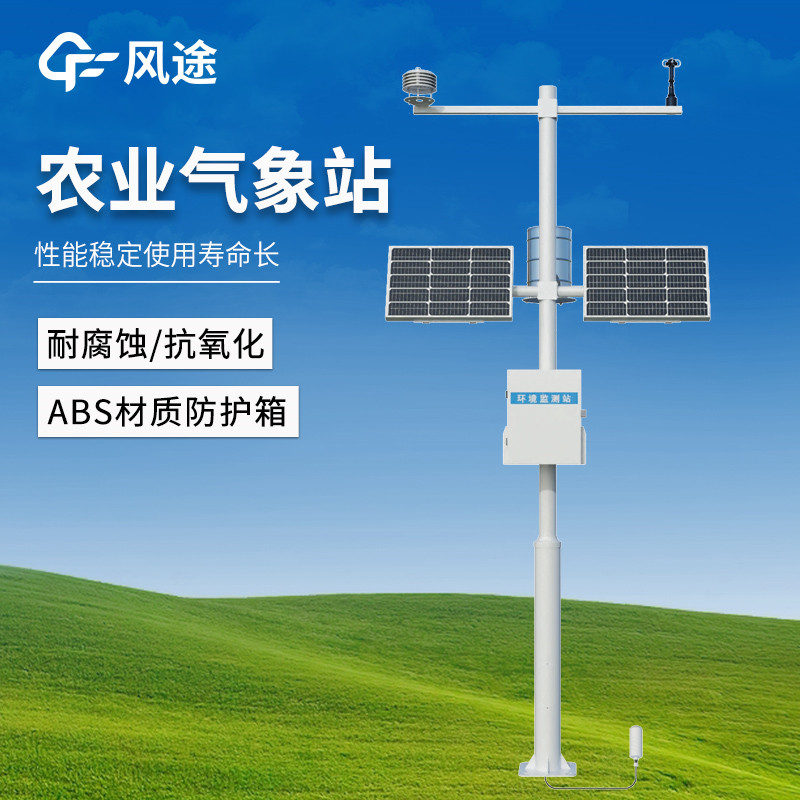In modern agricultural production, meteorological conditions have a profound impact on crop growth, yield, and quality. Agricultural Weather Stations, with their flexible parameter customization functions and intelligent monitoring systems, provide precise meteorological data support for agricultural production.
The most notable feature of these weather stations lies in their freely customizable parameters. Farmers and researchers can flexibly select monitoring parameters according to the growth needs of different crops, regional climatic characteristics, and specific monitoring objectives. From basic parameters such as air temperature, humidity, wind speed, wind direction, and air pressure to more specialized ones like light intensity, soil temperature and moisture, and rainfall, configurations can be combined on demand, ensuring that the acquired data precisely matches actual requirements.
Intelligent monitoring represents another core advantage of Agricultural Weather Stations. Equipped with sensors and data acquisition systems, they enable 24-hour uninterrupted automatic monitoring. Collected data is real-time uploaded to cloud platforms via wireless transmission technologies, allowing users to access meteorological data anytime through terminal devices such as mobile phones and computers. The system also features intelligent analysis capabilities, which can organize and analyze historical data to predict meteorological trends and issue advance warnings for disasters such as droughts, floods, and frosts. This helps farmers take timely preventive measures and reduce losses caused by meteorological hazards.
Agricultural Weather Stations are easy to install and adapt to various complex agricultural environments, including farmland, orchards, and greenhouse facilities. Their low-power design and reliable performance ensure long-term, stable data collection and transmission.

Article address:https://www.sqqx.net/en/news/664.html

 +86 15898932201
+86 15898932201



